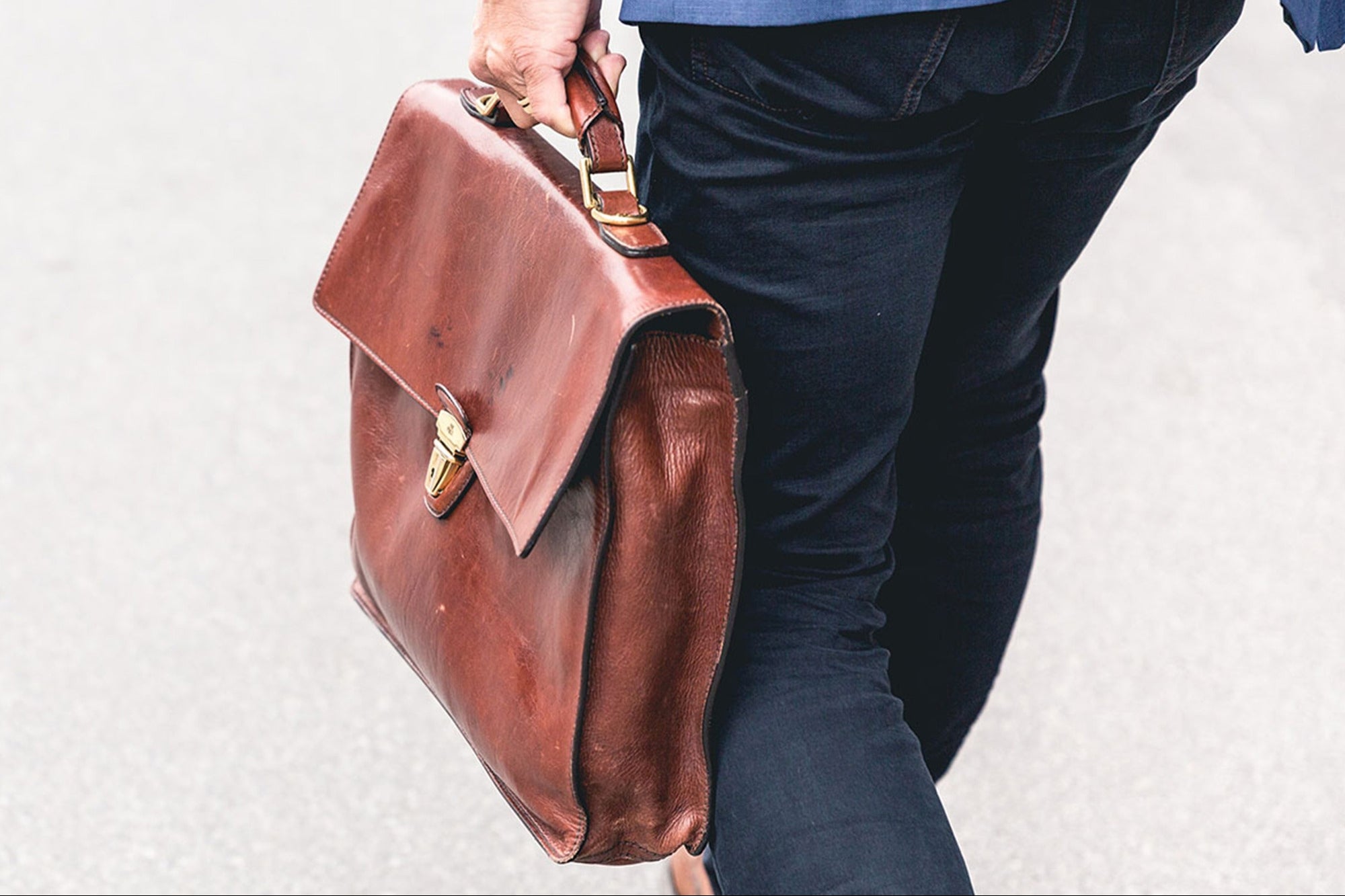How 7-Eleven Uses Tech to Stay Ahead of Its Competition The convenience store is teaming up with delivery partners, Amazon and more.
By David Zax
This story appears in the January 2018 issue of BIZ Experiences. Subscribe »

In 1927, an employee of Texas's Southland Ice Company named Johnny Green gave his boss a tip. Customers were requesting that the ice company sell household staples as well. The company tried it out and found great success, and the business was renamed to reflect its (then unheard-of) hours of operation. A convenience store empire was born: 7-Eleven now has 63,000 stores worldwide.
Related: The 6 Most Common Franchisor Mistakes
Ninety-one years later, the brand is still eager to experiment. "In this digital age," says 7-Eleven CEO Joe DePinto, "all segments of business are being disrupted." And the convenience-store brand doesn't want to be left behind. For example, it has a delivery partnership with Postmates in 35 cities (and in 2016, it tested drone delivery in Nevada in a partnership with Flirtey). In more than 8,000 stores nationwide, 7-Eleven is even dipping a toe into financial services. Customers can pay utility bills or income tax at participating stores, and in November, 7-Eleven announced a partnership with Amazon that allows shoppers to hand over cash at a store and see it immediately transformed into Amazon credit, enabling people without credit cards to shop online at the everything store.
Related: The Rules and Regulations of Being a Franchisor
But 7-Eleven's experiments aren't limited to whiz-bang ideas. Sometimes the simplest trials are also the most impactful. Local owners are most attuned to the needs of their neighborhood's customers, says DePinto, and the company's "retailer initiative" program allows local owners to customize each store for the neighborhood. So while you can always get a Slurpee, locations in residential neighborhoods may have more toothpaste and diapers, while urban shops near offices may have more taquitos to grab for a quick lunch. In its quest to be everything to everyone, 7-Eleven is also doubling down on sourcing regionally specific products. (For example, you'll find very different craft beers in Oregon than in Texas.) It's a big reason the franchise model has been such a good fit for 7-Eleven -- which today is 90 percent franchise-owned in the U.S.
For more about franchises, check out 2018's Franchise 500 list.










